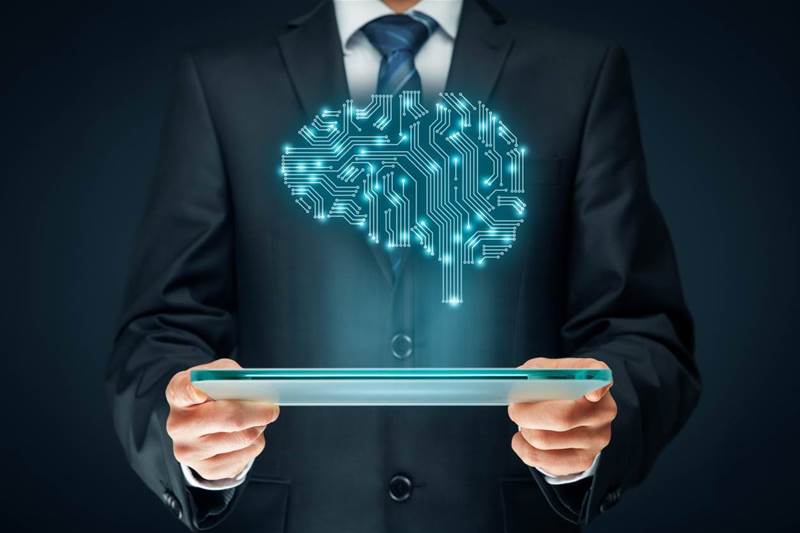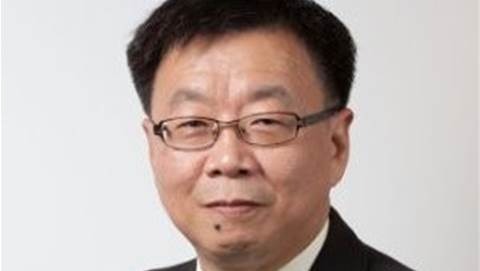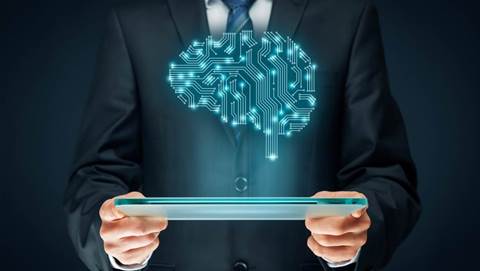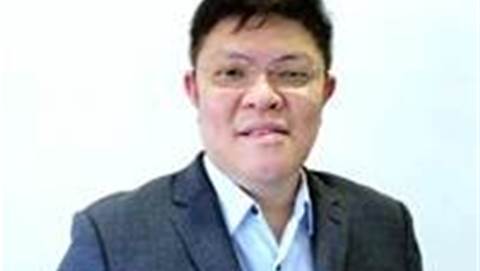The impact of AI is shifting from technology capability to organisational culture. Simon Ma, Managing Director, Freshworks, in an interview with iTNews Asia, sheds light on what a people-first approach to AI truly means and why it’s critical for long-term success.
A people-first approach to AI, Ma explained, is not just about user-friendly interfaces. It’s about crafting a company-wide framework where AI is not positioned as a replacement for human talent, but as a collaborative partner.
He advocates embedding this mindset into company culture, supported by:
● Practical tools that are simple, cost-effective, and impactful
● A robust feedback loop where employees shape AI’s evolution
● Personalised experiences for both employees and customers
Ma explained that AI tools must be practical - easy to use, affordable, and beneficial from day one. Without these qualities, even the most advanced technologies risk low adoption. “It’s not just about shiny features. It’s about tangible results for real work,” he noted.
He considers the key to success is a robust feedback loop where employees need to be part of the journey, with regular check-ins and the ability to shape how the tools evolve.
Contrary to fears of AI displacing workers, Ma said the trend across Asia shows employees, especially ‘Gen Z’ are eager to adopt these tools. “They’re often the ones experimenting with AI before official policies are in place,” he added.
This bottom-up drive is redefining how change takes root in organisations.
Ma believes this people-first philosophy doesn’t end with employees. It applies equally to customers. This dual-focus enhancing both employee experience and customer value is what sets truly human-centric AI strategies apart, he added.
The AI workplace of the future
Looking ahead, Ma envisions a workplace where AI becomes an invisible layer seamlessly woven into workflows, decision-making, and team collaboration.
“The workplace of the future won’t revolve around tools, rather be shaped by how AI supports people in doing more meaningful, high-impact work,” he said.
That future hinges on supportive environments, cross-functional champions, and a culture that prioritises experimentation over perfection.
Despite enthusiasm, many frontline teams still lack official AI usage policies. This creates confusion and inconsistency. Ma also flagged the “comfort gap”: those closest to customers are often the least confident with new tools.
He also underscored the need for training and change management.
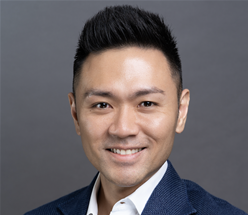
When AI is positioned as a threat, resistance follows. But when it’s introduced as a co-pilot, confidence grows.
- Simon Ma, Managing Director, Freshworks
He added that global tech players need to balance innovation with empathy. “Too many global transformation initiatives fail due to poor communication and lack of training.”
Ma believes as AI continues to evolve, people must remain at the centre of progress. “Because when you build for people - not just processes, you build a future where technology truly enables human potential,” he added.
